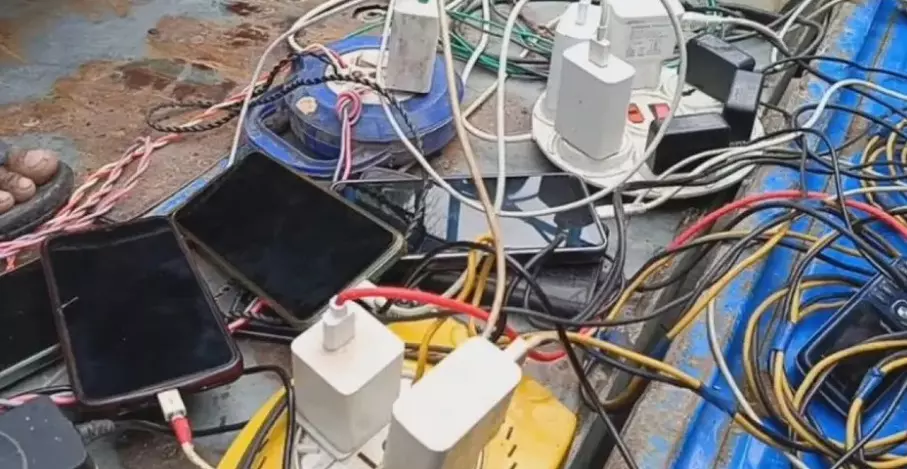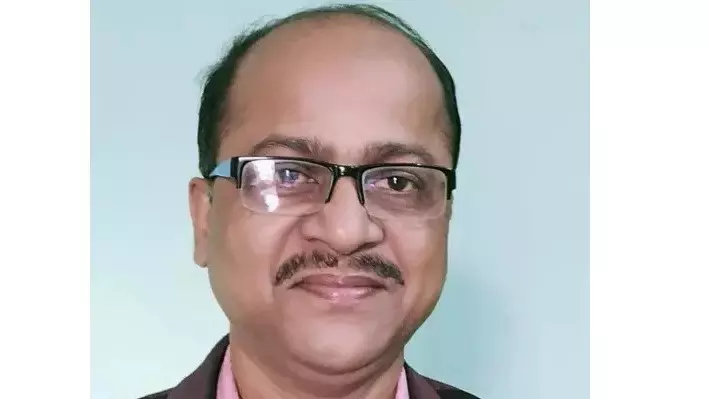After the Storm: In an Odisha Village, Hope Costs Rs 20 an Hour
In Nuagaon, a village in Basudevpur block, residents are now facing a frustrating reality: Rs 20 per hour to charge a phone.

Bhubaneswar: As Cyclone Dana swept through the coastal villages of Odisha, people braced themselves for a crisis, drawing from hard lessons of past cyclones. With proactive government efforts, the cyclone claimed no human lives this time, but the storm has left behind a different kind of struggle. In Nuagaon, a village in Basudevpur block, residents are now facing a frustrating reality: Rs 20 per hour to charge a phone.
For many, that small device is a lifeline—connecting them to the outside world and, for students, to their education. Since electric poles were uprooted and power lines torn down, the village has been left in darkness. While the government has rushed to restore power, the full recovery is taking time, and in the meantime, residents are finding themselves at the mercy of enterprising locals. With no alternative, villagers are paying Rs 20 per hour to recharge their phones using privately run generators.
“We’re not only cut off from electricity but also from the outside world. It’s hard to contact family or keep track of relief efforts. We’ve been reduced to paying just to stay connected,” says Gitanjali Pradhan, a local.
For Jayanti, a young mother of two, the cost of staying connected goes beyond the Rs 20.
“My husband works in Surat city in Gujarat, and now he has no way to know if we’re safe,” she says, her voice heavy with worry.
Students, too, are struggling. “I’m in the middle of an important school term. Without power, I can’t even access study materials,” shared Krishnapriya, a high school student whose smartphone is her only link to online classes and assignments.
These “charging stations” have sparked frustration and resentment among villagers, who view them as businesses taking advantage of their vulnerability.
“We have been facing these exorbitant charges, but it’s unfair. Our plight has become business for some people,” says Santosh Das, a farmer whose phone, though rarely used in better times, has now become crucial.

